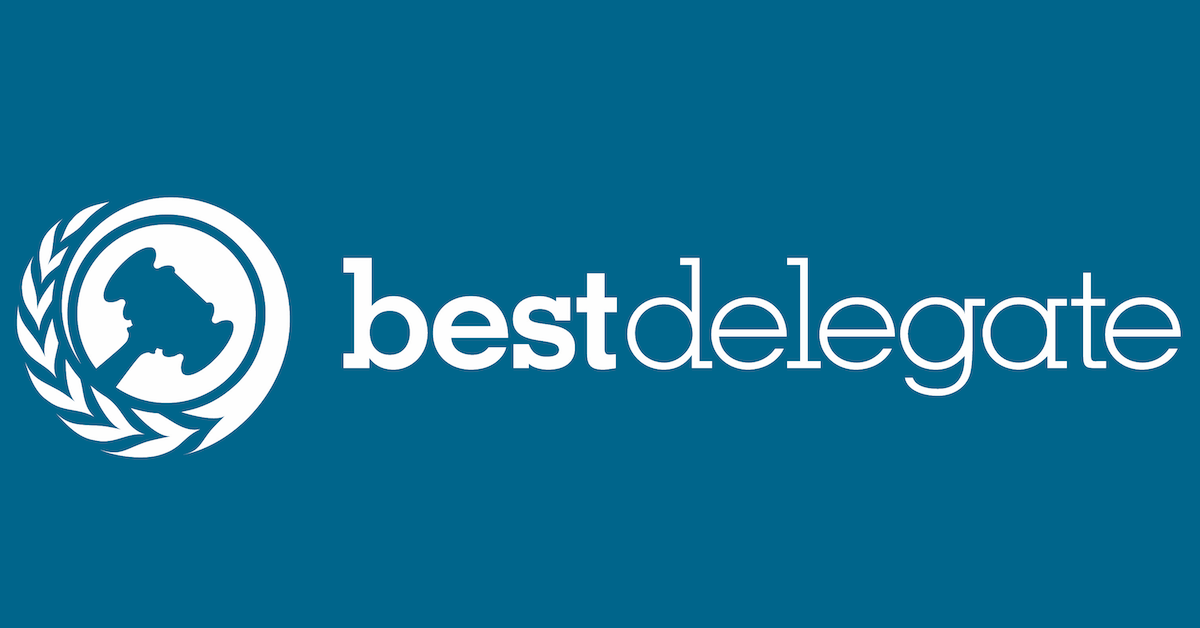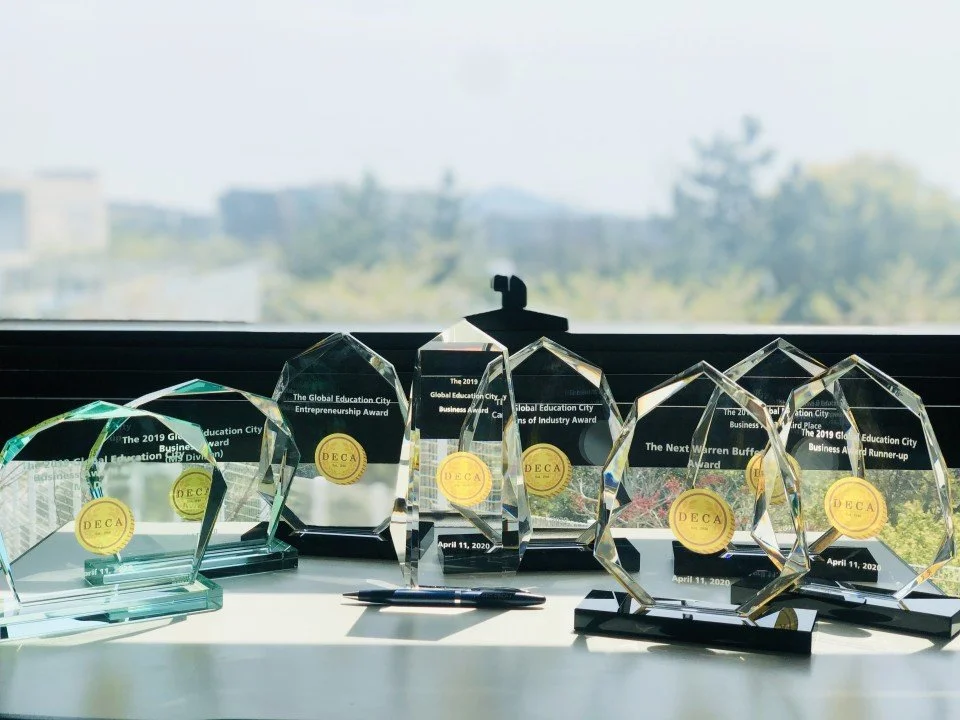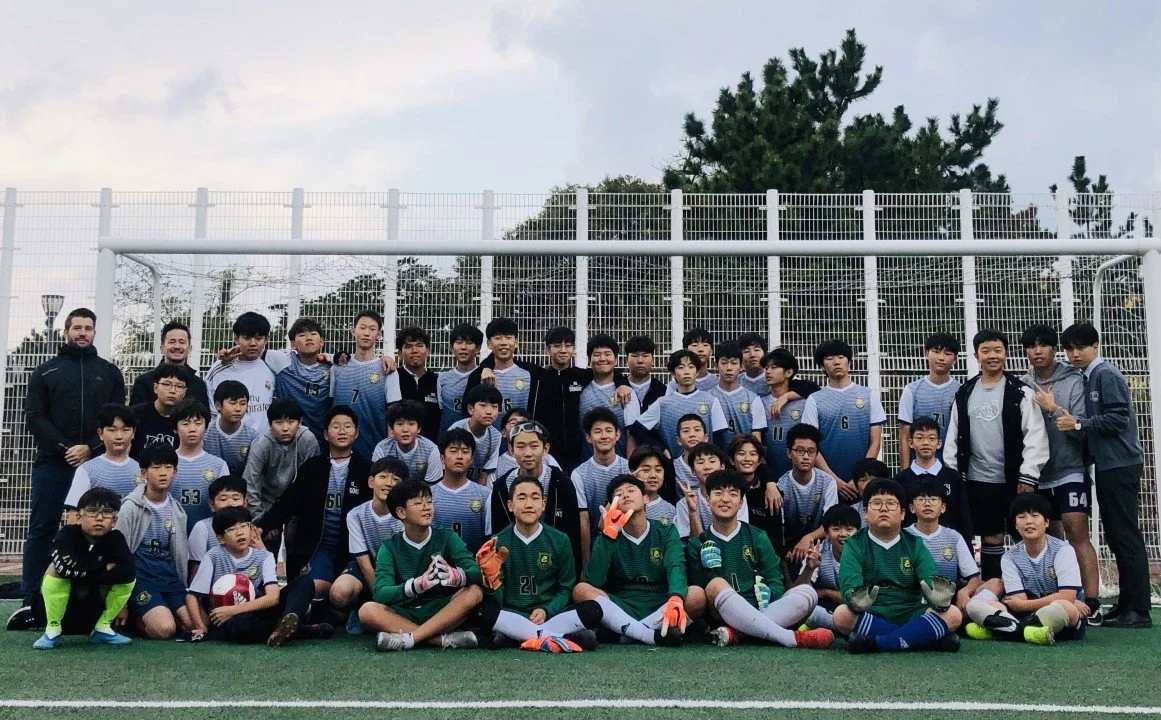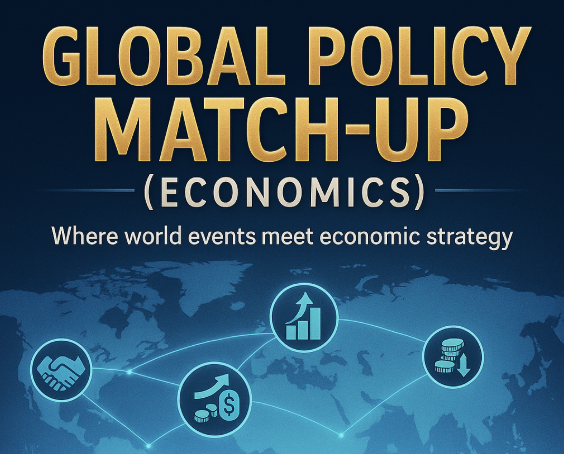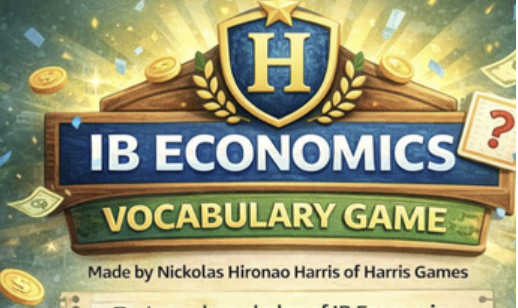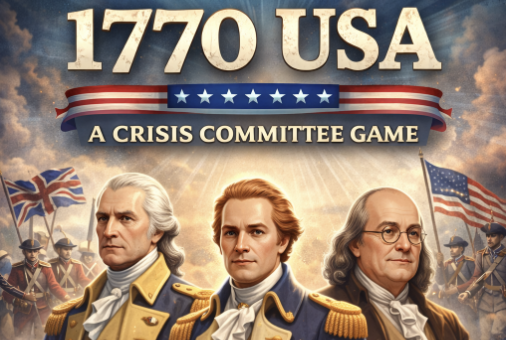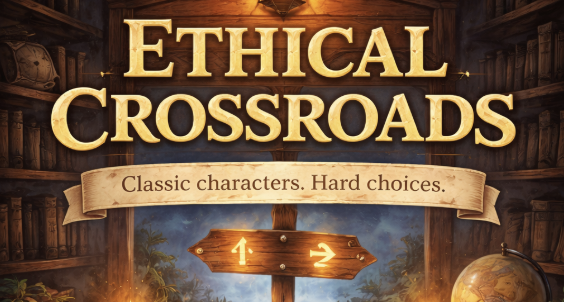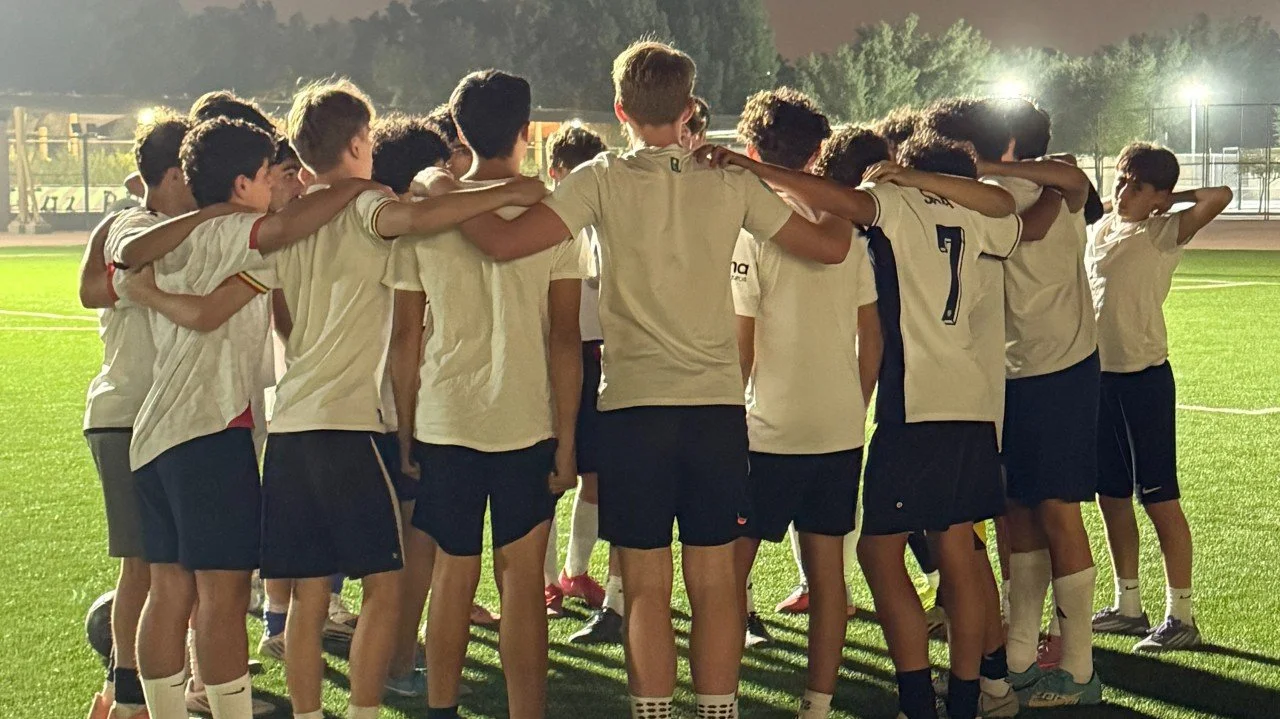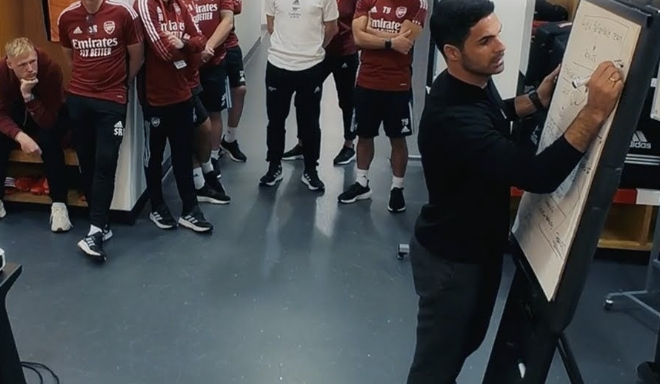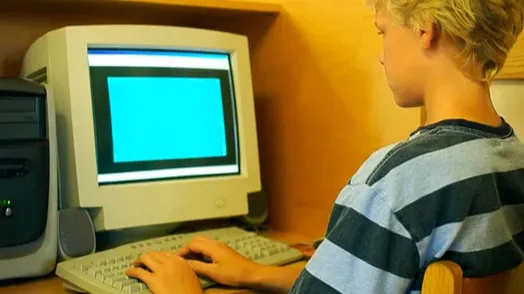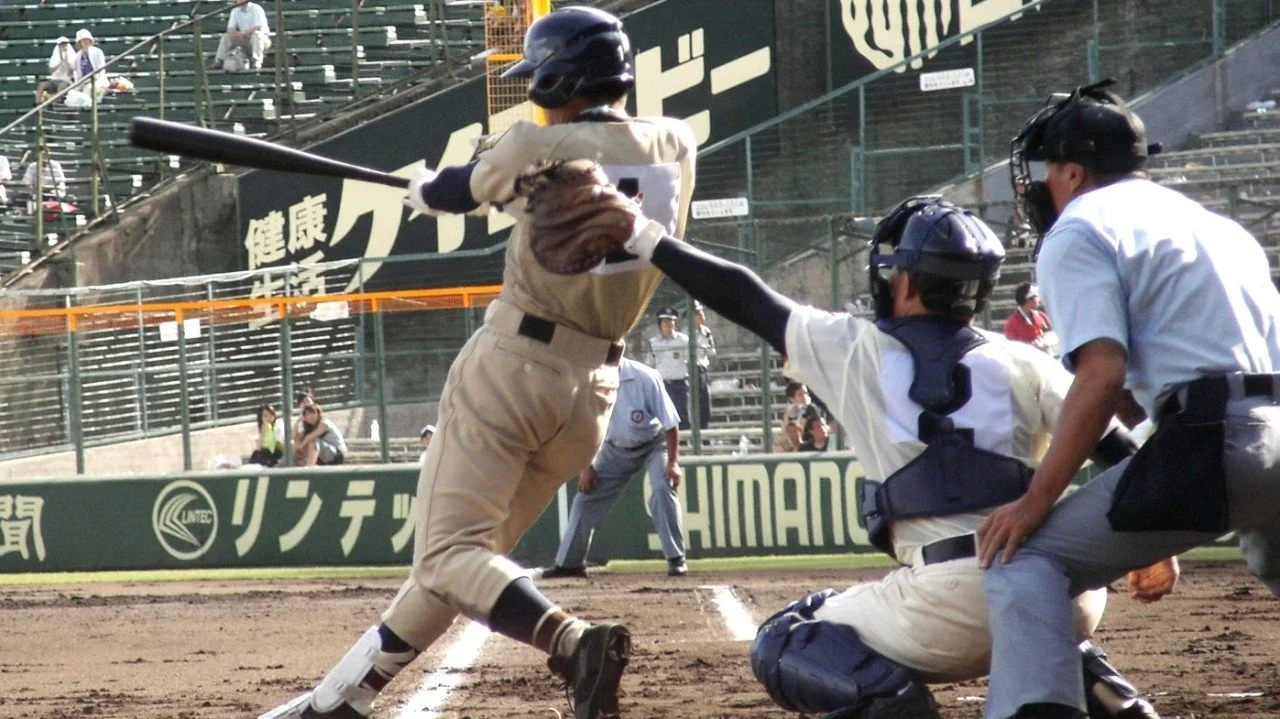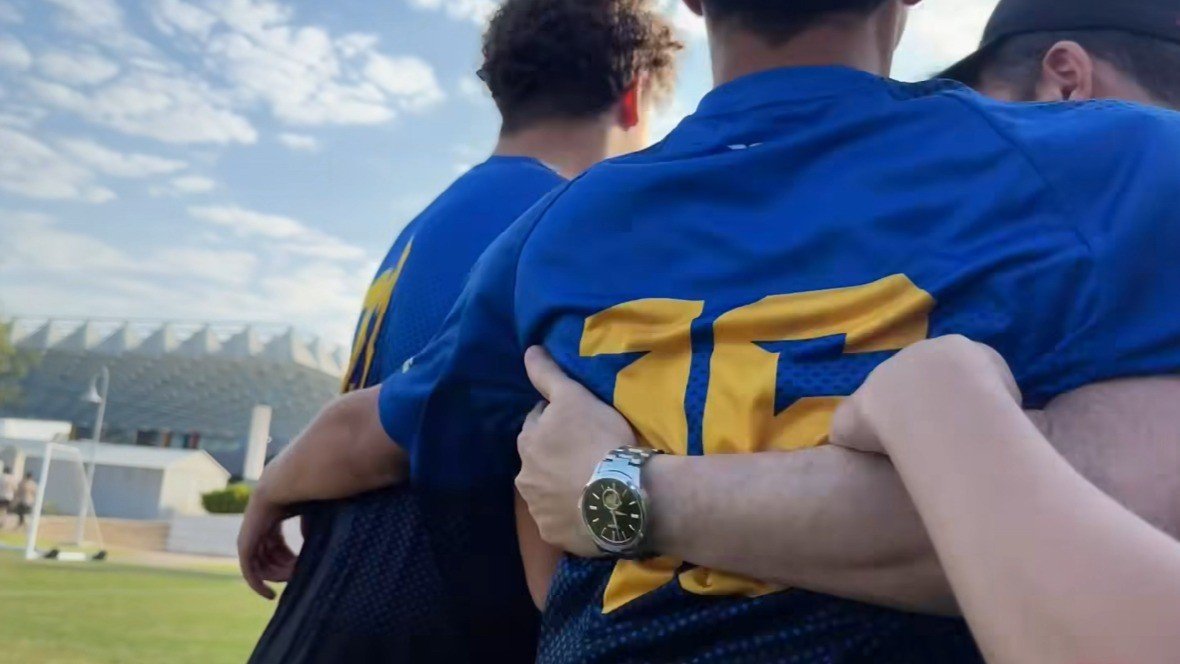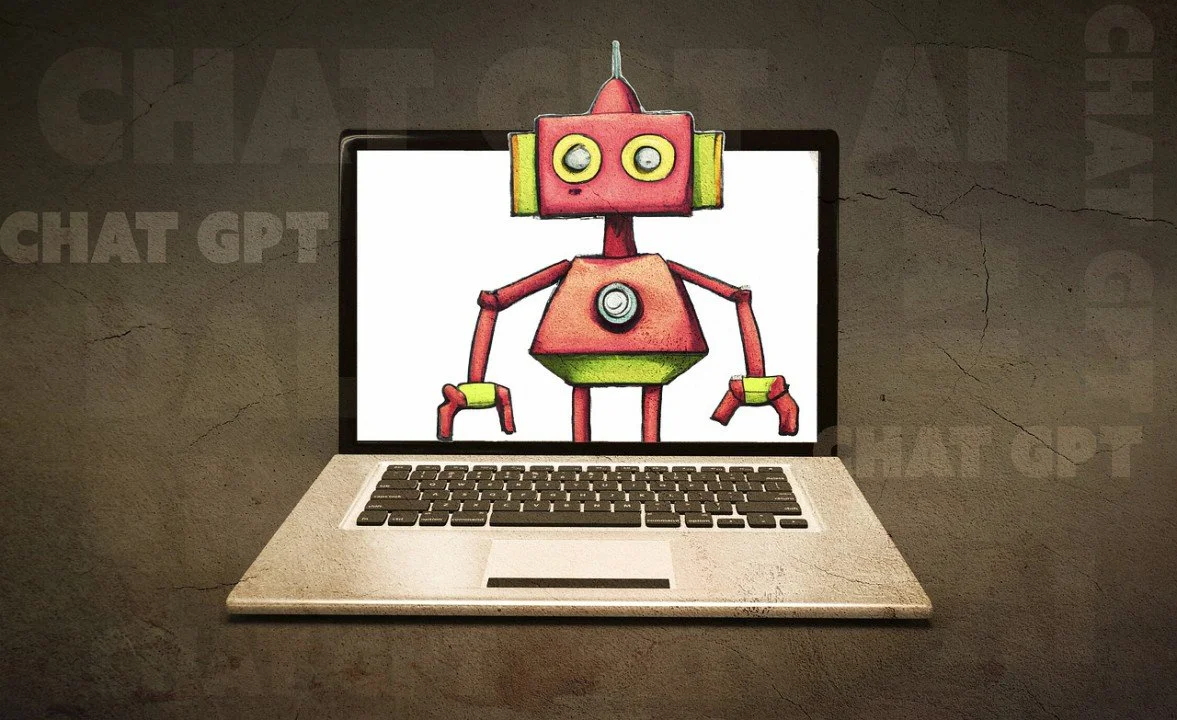Unraveling the Concept of Identity in Schools
What makes someone “truly” part of a culture?
Reflecting on mixed-race identity, international schooling, and the story of Japanese-American baseball player Lars Nootbaar, I explore how assumptions about authenticity can shape the way we see our students, and ourselves.
4 Things to Consider When Starting a New Model UN Conference:
Part 1 - Committee Size
What makes a great MUN conference? After years of coaching students across the globe, I saw the same problems repeating, especially oversized committees. In this series for Best Delegate, I write about how to design conferences that put students, not organizers, at the center of the experience.
4 Things to Consider When Starting a New Model UN Conference:
Part 2 - Scheduling
Conferences don’t need to run from sunrise to sunset to be effective. In Part 2 of my series for Best Delegate, I explore why overly long MUN schedules often lead to lower-quality debate, and how designing a more realistic day can actually lead to stronger engagement.
4 Things to Consider When Starting a New Model UN Conference:
Part 3 - Awards
Awards should motivate students, not confuse or discourage them.
I’ve seen how inconsistent criteria can leave even the most prepared delegates feeling frustrated. In pt 3 of my series, I explore why transparent evaluation matters and how conferences can build trust by clearly defining what success looks like.
4 Things to Consider When Starting a New Model UN Conference
Part 4 - Keynote Speakers
Students attend MUN conferences to grow, collaborate, and be inspired, not to sit through hour-long ceremonies or vague keynote speeches. In the final part of my series, I explore how opening and closing ceremonies can be made more meaningful by keeping things focused, time-conscious, and centered on the students.
Lessons in Asynchronous Collaboration from Zoomers
In this reflection on running an online MUN conference, I share how high school students from around the world taught me the power of asynchronous collaboration. From Discord channels to digital avatars, their flexible, tech-savvy approach offers valuable lessons for the future of learning and leadership.
What Soccer Teaches Beyond the Game
Soccer is more than a game, it’s a global classroom.
Whether your child is chasing trophies or just loves the sport, soccer teaches resilience, teamwork, and empathy. This piece explores how the beautiful game shapes character in ways that last a lifetime.
MUN: From KISJ to the World
This reflection tells the origin story of GECMUN, which began in 2014 with just five schools on Jeju Island and has since grown into one of Korea’s most respected MUN conferences. It emphasizes how the focus shifted from resume-building to real learning through crisis committees and innovation, and how GECMUN helped reshape the MUN culture across South Korea and beyond.
Zoom MUN in Times of COVID-19
When the pandemic disrupted everything, students didn’t give up, they adapted. What began as a last-minute shift to online MUN became a powerful lesson in resilience, leadership, and the future of global collaboration. This article explores how a virtual conference helped students grow—even in isolation.
Better Online: Lessons from GEC Business Competition
Running a competition online used to sound like a backup plan, but after leading the GEC Business Competition virtually, I’m convinced it’s the future. It made me realize that for many years I may have been overvaluing the in-person experience. By the competition being online, we were able to invite three judges from three different countries, something we would have had difficulty doing in person.
Teachable Moments Outside of the Classroom
We hadn’t won a single match, and yet the tournament ended in triumph. This is the story of how a bold formation change, shared leadership, and trust turned a team around in just 24 hours.
Beyond the Classroom: Global Views on AI
What if the biggest insights about AI in education aren’t coming from schools at all? In this reflection, I connect conversations from Tokyo, Seoul, and international classrooms to explore how educators can learn from the way society at large is reacting to AI, and why fear shouldn’t be our first response.
Three Things Teachers Still Do Better Than AI
AI can now explain complex ideas faster and more personally than teachers ever could, but it still can’t replace the human power of presence, trust, and adaptability. Great educators create emotional connections, guide ethical discussions, and model humility in real time. As AI transforms education, our role isn’t to compete with machines, but to double down on what makes us irreplaceably human.
Play my original game, Economy Strategist!
Step into the role of Chief Economic Advisor to the President of Fiscaltopia. In this simulation, you’ll face real-world-inspired economic challenges, make strategic policy decisions, and see how your choices shape the nation’s future.
Play my original game, Marginal Roast
Where coffee culture meets microeconomic decision-making.
You’ve inherited a small café from your economics teacher, Mr. Harris, who will mentor you through pricing, production, costs, and market positioning. Can you brew success one decision at a time and build the ultimate coffee empire?
Play my original game, Global Policy Match-up
Where world events meet economic strategy. You’re given real-world events, from financial crises to trade agreements, and must connect each one to the right type of economic policy in a multiple-choice challenge. Can you match events to policies and prove your mastery of global economics?
Play my original game, IB Economics Vocabulary Game
This game helps students learn key economics vocabulary in a fun and interactive way. You match terms with definitions through quick, engaging challenges that reinforce understanding and recall. It’s designed to make core econ concepts easier to remember and apply.
Play my originial game, 1770 USA Crisis Committee (MUN) *Still in beta mode
1770 USA is a strategy simulation inspired by Model United Nations crisis committees.
Choose Washington, Hamilton, or Franklin and make high stakes decisions across eight rounds to guide the colonies toward independence.
Each choice changes the course of history.
Play my originial game, Ethical Crossroads
Ethical Crossroads is an interactive decision based game where players confront difficult choices inspired by classic story worlds. Each scenario places you at a moment where every decision carries a cost. Players must choose a path, explain their reasoning, and live with the consequences that follow. Outcomes shift based on logic, empathy, and values rather than right or wrong answers. Designed for classrooms and independent play, Ethical Crossroads challenges how you think, not what you know.
青春 Seishun is Not a Warm-Up
This article reflects on youth, coaching, and why the present moment matters more than future plans. Drawing on Slam Dunk and my own experiences coaching at international schools, it argues that for teenagers, this season is not preparation, it is the main event. Students move, teams change, and chances do not repeat, so effort and belief have to matter now. The piece also explores the Japanese idea of 青春 seishun and how small roles, trust, and refusal to quit shape confidence long after the final score
The Millennial Bridge - Why Trust Wins and Fear Fails in Modern Leadership
This article examines why trust beats fear as Gen Z and millennials become the core of the modern workforce. Using Mikel Arteta’s leadership at Arsenal, it shows how responsibility, honesty, and emotional risk can drive performance without intimidation. It connects lessons from elite sport to classrooms and workplaces where younger people expect purpose, safety, and real feedback. The piece introduces the idea of the “Millennial bridge” and explains why leaders in their thirties and forties are key to translating between older hierarchies and younger values.
Power, Not Pedagogy. The AI Debate in Education
This article argues that resistance to AI in education is driven less by learning concerns and more by fear of losing control and authority. It shows how AI has made knowledge abundant, which weakens old models where expertise depended on recall, formatting rules, or manual work. Using examples from teaching, history, and sports, I explain how power shifts always create backlash framed as moral concern. The core claim is simple: strong educators adapt, use new tools with judgment, and shift their value toward guidance, context, and human connection rather than gatekeeping information.
Beyond Gaman 我慢 Why Endurance Alone Is Not Resilience
This article challenges the idea that resilience comes from silent endurance and unnecessary hardship. Using the Japanese concept of gaman, it shows how suffering without purpose often causes harm rather than growth, in sports and in classrooms. The argument is that real resilience comes from intention, agency, and meaningful effort, not forced compliance or boredom. It calls on schools to update how they define resilience so it matches the skills students actually need in modern work and life.
Playing with Integrity: The Hidden Curriculum of Soccer
As both a teacher and a coach, I’ve learned that some of the most lasting lessons happen off the scoreboard. In this article, I reflect on how soccer has shaped my understanding of integrity—and why, when working with students, I’ll always prioritize character, humility, and teamwork over wins alone.
Why Do You Have to Hate What You Don’t Understand?
A moment from King of the Hill sparks a deeper look into how we react to AI in education, and why our fear of innovation is nothing new. From Google to ChatGPT, the instinct to resist what’s unfamiliar has always been there. But if we want to prepare students for the world ahead, we need to choose curiosity over criticism.
ChatGPT: Exposing the Need to Re-Evaluate Our Assessment Strategies
As ChatGPT reshapes how students approach assignments, educators face a critical question: are our assessments truly measuring deep thinking, or just surface level recall? This article explores the impact of AI on academic integrity and calls for a bold rethinking of how we evaluate student learning in the AI era.


